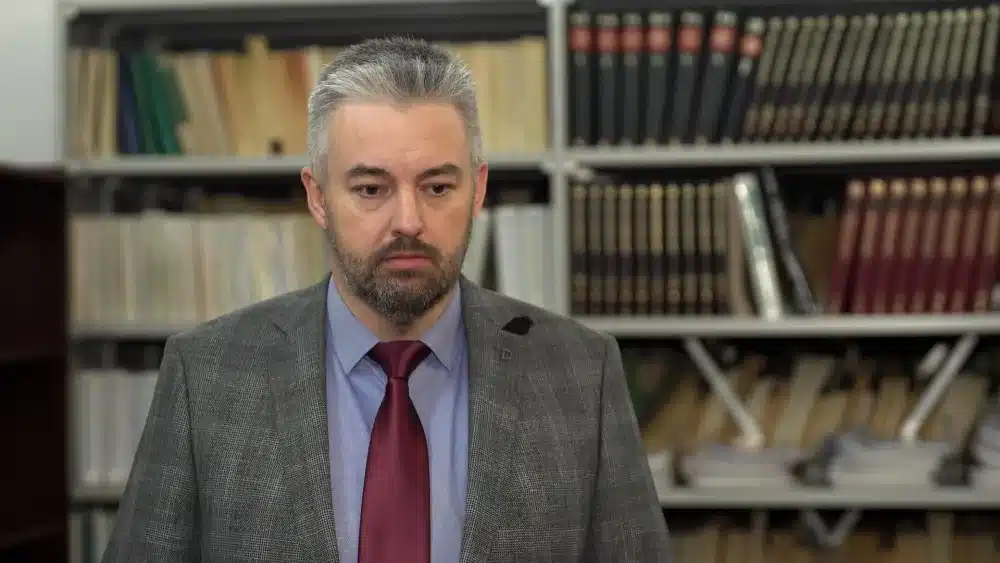Polish farmers fear the loss of markets for agricultural and food products in EU countries to more price-competitive producers from the Mercosur countries – Brazil, Argentina, Paraguay, and Uruguay. This could be the effect of a free trade agreement, the negotiations for which are expected to conclude by the end of the year. The Polish Ministry of Agriculture expressed its negative stance on the matter, similar to EU and national agricultural organizations.
The free trade agreement negotiated since 2000 between the EU and four South American countries – Brazil, Argentina, Paraguay, Uruguay – may be signed in the coming weeks. The agreement will facilitate the sale of goods and services by EU companies in these markets, and open the EU market for goods from Mercosur, which is feared by EU farmers.
One of the main objections to the agreement is the lack of obligation for Mercosur countries to adhere to a number of norms related to sustainable development, says Dr. Łukasz Ambroziak, professor at the Institute of Agricultural Economics and Food Economy.
While Poland demanded Mercosur producers to comply with EU standards for sustainable development, only in the case of egg imports has the European Commission conditioned the zero customs rate on compliance with animal welfare standards.
However, Prof. Ambroziak assures that all products reaching the EU market must meet rigorous food safety standards, including limitations on the presence of pesticides in various plant products and a ban on importing meat from animals treated with growth hormones.
Agricultural organizations have concerns about the use of plant protection products or growth stimulants in Mercosur countries, which have long been banned in the EU. The agreement may increase the European import of beef by an additional 23-52% by 2030, if fully implemented.
The agreement could bring benefits to the industrial sector, maritime transport, and some services at the expense of the majority of the agri-food production segments.
Prof. Ambroziak highlighted three key aspects of the agreement’s impact on the Polish market. The benefits in exports will be very limited and the Mercosur countries will open their market gradually; the import from Mercosur to Poland is mainly of soybean meal, with marginal import of sensitive goods such as beef, poultry, sugar, and corn; and, there is a risk of Polish products being displaced from the EU market by cheaper products from Mercosur countries.
There are a lot of justified concerns, but the agreement has provisions to protect against uncontrolled food influx, says Prof. Ambroziak. These include transitional periods for customs liberalization, applied tariff quotas, and exclusions from liberalization.
However, the Ministry of Agriculture is concerned that the provisions allowing the parties to temporarily withdraw market access preferences in case of excessive imports are not adapted to the specific conditions of the agricultural sector.
In 2023, EU exports to the four Mercosur countries amounted to 55.7 billion euros, while in the opposite direction it was 53.7 billion euros. Imported goods were mainly minerals, food, beverages, tobacco, and plant products. In EU exports to Mercosur, machinery and equipment, chemicals, and pharmaceutical products, and transport equipment dominated. In the export of services, EU exports greatly outperformed those of Mercosur.
